
Justice system as tool to persecute human rights defenders
On 23 September 2016, the Helsinki Foundation, together with the Netherlands Helsinki Committee and International Federation for Human Rights, organised the meeting entitled “Justice systems in former Soviet republics: guardians of justice or persecution tools?”
The meeting was a part of the OSCE’s conference Human Dimension Implementation Meeting. Prominent activists from the countries of the Eastern Partnership, Russia and Central Asia took the floor during the event.
The meeting included the launch of a report developed by the HFHR, which discussed the independence of the justice system in Azerbaijan and the use of the prosecution service and judiciary as a measure of gagging human rights advocates. In Azerbaijan, prosecutors and judges are selected by the country’s president, and their careers and promotions depend on the goodwill of the executive. “In practice, this led to the massive arrests and show trials of human rights defenders in 2013”, explained Anar Mammadli, Director of elections monitoring institute found guilty of the alleged “financial fraud”. Mr Mammadli was released from prison in March 2016, having received a presidential pardon.
Konstantin Baranov, an activist of the Youth Human Rights Movement, talked about the status of the civic society in Russia, referring to his article on the subject. “Under the law on foreign agents, Russian prosecution service obtained unrestricted authority to search the premises of non-governmental organisations and seize documents”, the activist said.
Ales Belyatsky noted that the courts in Belarus are not at all independent. As he pointed out, one of the instruments of the executive’s influence over the judiciary is the Ministry of Justice’s evaluation mechanism: every five years, all judges in Belarus must subject themselves to ministerial assessment in order to be allowed to remain on the bench.
Kazakhstan International Bureau’s Yevgeniy Zhovtis told the participants that the structure of the country’s prosecution service and courts had not changed since the times of the USSR. The justice system is used to bring cases against human rights advocates based on oppressive laws.
Aida Baijumanova, a representative of the Kyrgyz organisation Bir Duino, said that the integration of Kyrgyzstan with Russia triggered the reforms that result in the deterioration of Kyrgyzstan’s justice system and enable authorities to punish human rights defenders.
Speaking on behalf of International Human Rights, an NGO from Uzbekistan, Mutabar Tadjibayeva summed up the meeting saying that her country followed the example of the remaining discussed jurisdictions and failed to develop a fair and independent justice system. “Not only cases are brought on the basis of fabricated evidence, but also prosecutors approve the use of torture against detained activists”, Ms Tadjibayeva emphasised.
The Report on Azerbaijan, “The Functioning of the Judicial System in Azerbaijan and its Impact on the Right to a Fair Trial of Human Rights Defenders” is available for viewing here.
The article about Russia, entitled “Abuse of Powers by Prosecutors for the Persecution of Human Rights Defenders in Russia”, may be accessed here.
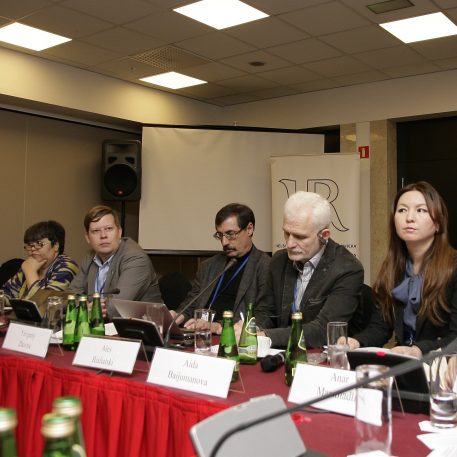
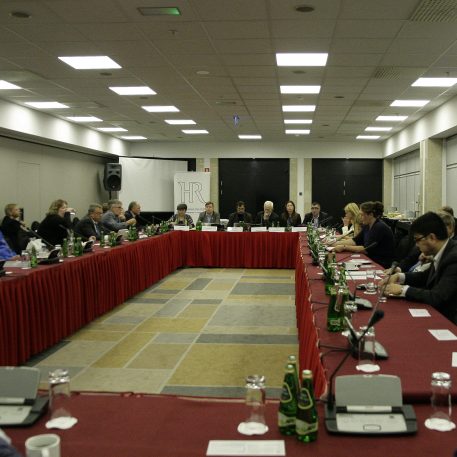
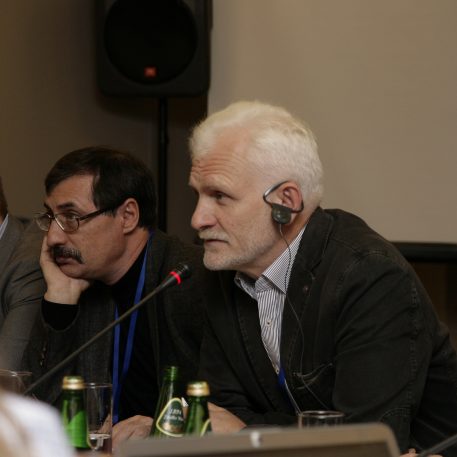
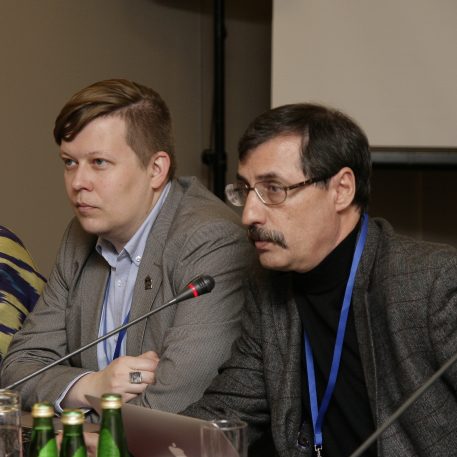
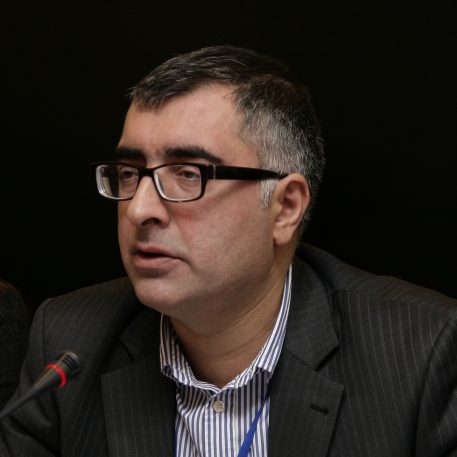
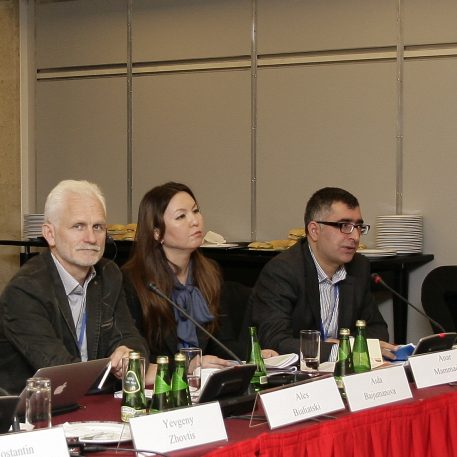

23.09.2016
 Cookies EN
Cookies EN